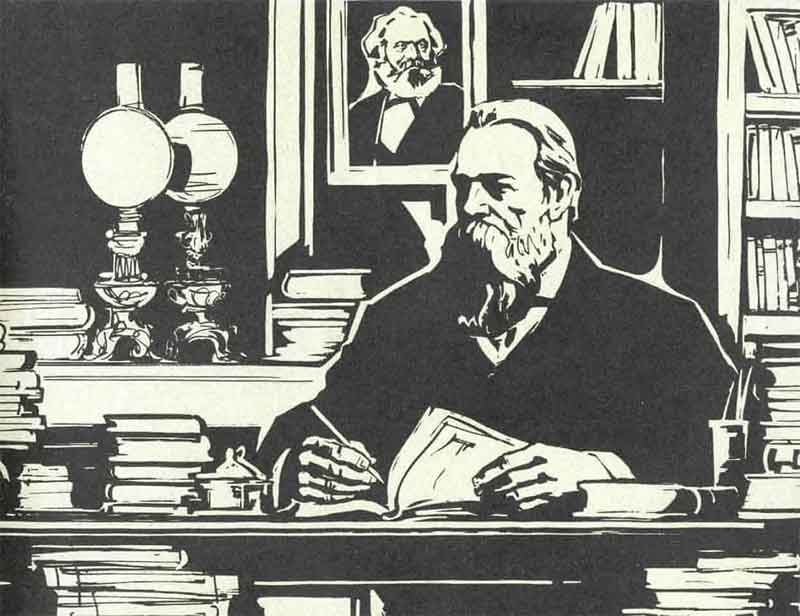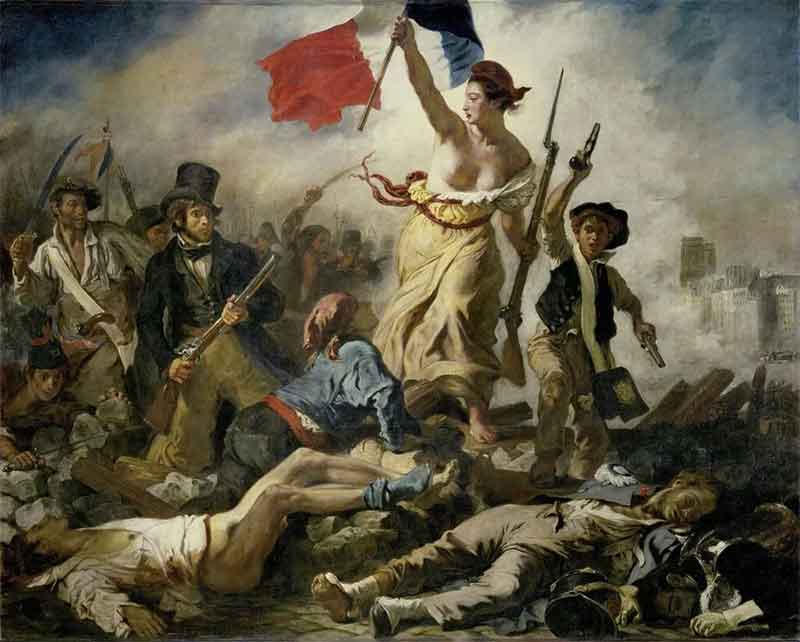
I do not find Vijay Parshad’s idea of the place of the individual in socialism very convincing.Though I salute the strength and courage of his conviction in the world-wide fight against imperialism it does not seem he has spared much thought for this crucial question.This hesitancy and silence marked all previous revolutionary leaders with possible exception in Che Guevara.All of them seem to have postponed addressing the question in the delusory hope that once revolution happens such questions will get automatically answered.That proved to be a false hope with Stalin executing 75 p.c.of the Central Committee of the Bolshevik Party that brought about the revolution and Mao Zedong using the formula of dialectics to silence and suppress all honest opposition and trigger a couple of costly long-lasting social turmoils.
While it is reasonable to believe that contradictions drive all change and transformation and it is a rational endeavour to direct change along disirable lines,there is the inexorable condition that success in such an endeavour only follows a thorough and deep study of the object of change.Any hasty and thoughtless attempt to effect change inevitably end in disaster and enormous human costs.Culture which has nurtured and promoted the individual is such an object.The task is made all the more difficult by the fact that we are embedded in the culture we want to transform.
The socialist party as the vanguard of the class that aims at change cannot stand outside the entire social and cultural order and engineer it as a technical feat.Mao’s solution was to carry criticism and correction deep into the party and the revolutionary class.But the sudden, unplanned and extempore nature of this change resulted in massive roller-coaster quakes swaying the entire society this way and that playing havoc with the the basic processes of social production and reproduction.Every time he had to recall from internal exile the expert manager Deng Xiaoping to restore order and normalcy.
The individual was released from millennia of bondage by the democratic revolution in which millions of common people were involved, though the bourgeoisie reaped and managed the results in their own interests.
It was not the capitalists alone but leading members of the working classes who engaged in struggle against them who benifitted from the emancipation of the mind.They thought out new ideas of society and culture and politics and offered them to the people at large.For people like Thomas Paine the goal of individual freedom also proposed as pre-conditions unavoidable tasks for various measures of SOCIAL SECURITY.
During three centuries and more of the struggle for liberty which culminated in the demand for socialism the fundamental rights of individuals were not set aside as mere appendages.
Thus the culture present-day socialism inherits is not a monolithic structure but a layered,thick organism.Handling contradictions there requires great sensitiveness and calibrated responses.Any peremptory and dictatorial imposition of decisions will in the end result in loss of spontaneity and creativity. Hence the individual can only be wiped out to eliminate difficulties at the peril of impoverishment of society.He or she has to be initiated into a new relationship to society sacrificing encrusted old habits.
The entire delicate enterprise has been obscured by the cliche of Dictatorship of the Proletariat.This has turned into a dry and empty formula averting the necessity of serious thinking.Stalinism had evaded this imperative need with repressive action to eliminate obstacles out of its way.But in the real sense nuanced proletarian dictatorship may last centuries,as bourgeois dictatorship has lasted.Violence can only be an episode. Mao said it might take a thousand years to produce real socialism,but he laid less emphasis on patient pioneering creative efforts of socialists to create spontaneous social culture in ALL spheres of life ranging from social life to arts and promoted fierce destruction of relics of old structure.His task was complicated by powerful feudal relics not unlike our caste system.But this is no excuse for the short fused and anarchic campaigns.During the rule of the so-called Gang of Four only thirteen approved operas were allowed to be staged for an audience of hundreds of millions.
Gramsci had studied the Italian Risorgimento to study in depth and analyse the success and failure of its hegemony.This embraces not only politics but the sphere of thought and culture.He also made comparative studies of the English Revolution.This then is a key concept which ought to be applied in thinking about the place of the individual in the social order of socialism.
Hiren Gohain is a political commentator














































